Mohammed Deif’s wife unravels secretive life of the iconic ‘shadow commander’
By Maryam Qarehgozlou
In a dimly lit room somewhere in southern Gaza, surrounded by her children, Ghadir Syam finally broke her silence, days after Hamas announced the martyrdom of a man who lived in secrecy for decades.
Syam spoke of the life she shared with her husband Mohammed Deif, the former commander of al-Qassam Brigades, the military wing of the Gaza-based resistance movement Hamas.
In an emotional tone, she spoke about the man who embodied unwavering resistance and an unshakable commitment to a cause despite constant dangers and multiple assassination attempts.
She spoke about the committed husband, doting father, and the iconic resistance leader whose every moment was a battle between survival and sacrifice.
It was the first time Syam spoke to media, revealing deeply personal insights into her husband’s extraordinary life, following the official announcement of his martyrdom.
Last week, the al-Qassam Brigades confirmed Deif’s death along with many other top-ranking officials amid the Israeli occupation’s genocidal war on Gaza that claimed over 47,000 Palestinian lives.
For 15 harrowing months, Gaza endured an unrelenting Israeli genocidal assault, leaving behind a trail of death and devastation and spawning the modern era’s worst humanitarian catastrophe.
Deif’s wife, known as Umm Khaled, offered a glimpse into the secretive life of the man Israel had hunted for decades but always failed. The legendary Hamas commander always outwitted the enemy.
Syam said her husband spent over 30 years evading Israeli assassination attempts, dedicating his life to the defense of his homeland. Despite threats, he remained unwavering in his mission.
Her words painted a portrait of a man whose resilience and unyielding determination defined his illustrious life and legacy – one of steadfastness in the face of brutal military occupation.
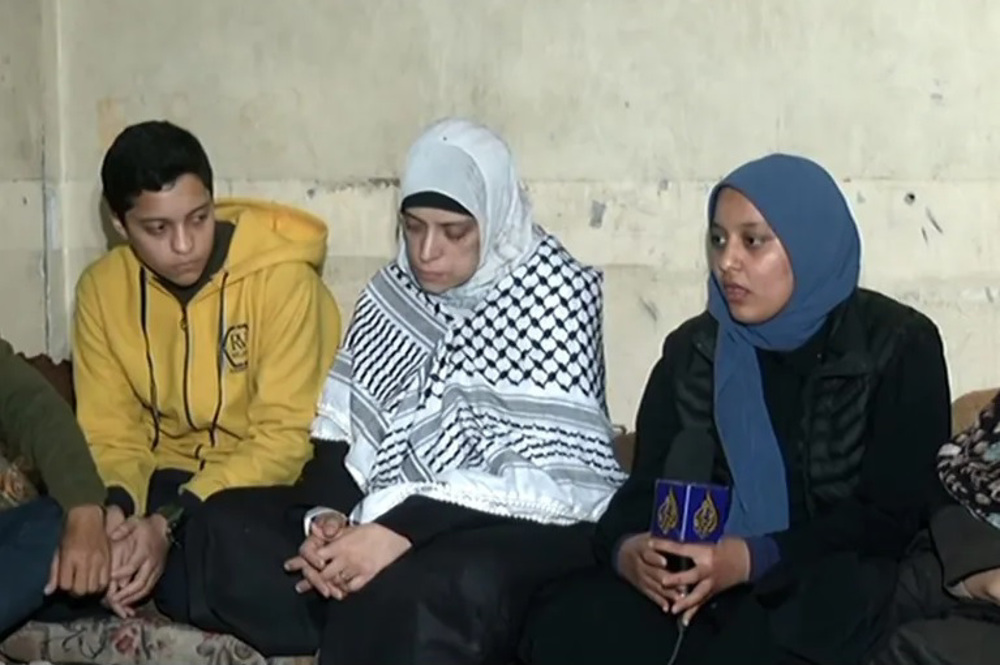
Secret wedding
Syam reminisced about the year 1998, when the bond between Deif and her mother, Palestinian activist Fatima Al-Halabi, began to form after he received a weapon from her that had been concealed following her brother’s martyrdom.
In the summer of 2001, Syam and Deif got married, ushering in a new phase of life characterized by the complexity of maintaining security due to Israel’s relentless pursuit of her husband.
She adopted the name Mona and became known as “Umm Fawzi” as part of the tight security measures implemented by her husband, who used the pseudonym “Mansour” following their discreet marriage.
“It was far from an ordinary wedding. Deif’s dowry consisted of a mere thousand dollars, devoid of any festive atmosphere. Our ceremony involved the slaughtering of a sheep, reserved only for those close to him,” she said in an interview, reflecting on their unconventional union.
“From that day onward, we haven’t had a home, moving from place to place without respite.”
Syam also emphasized her husband’s down-to-earth and austere lifestyle. Their home was furnished with merely four mattresses, a mat, and a plastic closet for their garments.
Upon receiving a monetary gift from Sheikh Ahmed Yassin, founder of Hamas resistance movement, on the occasion of their wedding, Deif selflessly donated the funds to the Qassam Brigades and bestowed a bedroom – given to him by martyr Salah Shehadeh, Qassem Brigades leader – upon another young man to facilitate his marriage.
To maintain the secrecy surrounding her husband’s identity due to serious life threats, Syam would often tell others that her husband was abroad, justifying her apparent solitude.
“The majority of our meetings occurred beyond the confines of the home I resided in, and he would frequently vanish for weeks at a time, particularly when tensions with the occupation escalated,” she explained, referring to the challenges in personal life.
In order to see her husband, Syam would often endure heavy security procedures, including being blindfolded and transferred from one vehicle to another, traversing various locations to maintain the utmost secrecy.
Personal life
In 2007, on the insistence of his first wife’s mother, Deif married for the second time due to the couple’s inability to conceive children. The second marriage resulted in the birth of four children.
However, Deif’s elation knew no bounds when his first wife Syam also became pregnant with triplets.
Nonetheless, he was unable to witness the birth of any of his children as he remained underground due to constant threats he faced for his resistance activities.
“Deif would seize any opportunity to bring joy to his children and make up for his frequent absences. He decided to celebrate all their birthdays on the same day when he had time to be with them,” the wife said.
She admitted that her husband’s absence could stretch up to 50 days when security threats were heightened, yet she emphasized that he never disguised himself, nor altered his appearance, despite the rumors spread by the occupation.
Committed to the teachings of Islam, Deif encouraged his sons to memorize the Holy Qur’an and supervised a similar project for Qassam Brigades members.
He motivated them to engage in friendly competition as they strove to complete their memorization, deepen their understanding of the holy text, and apply its teachings in their lives.
Umm Khalid noted that Deif, having completed his bachelor’s degree in biology at the Islamic University, encouraged her to further her education.
When she struggled with the English language material for high school exams, he devised a “success plan” to help her pass, providing her with a comprehensive guide of questions and answers.
Assassination attempts
Even before the events of October 7, 2023, of which Deif was a key part, he was constantly hunted by the occupation forces and escaped assassination attempts a number of times.
Umm Khaled said her husband survived numerous assassination attempts, two of which resulted in severe injuries.
The first incident occurred in September 2002 when Israeli forces targeted his car on Al-Jalaa Street in Gaza City, leaving him with the loss of his left eye.
The second attempt took place in 2006 when a house he was residing in was targeted by the occupation, causing severe burns and fractures to his back, impairing his ability to walk.
In response to her husband’s injuries, Umm Khalid learned essential nursing skills and became his dedicated caretaker, administering medications and injections dutifully.
Tragically, the commander-in-chief of the Qassam Brigades lost his second wife and two children during the 2014 Israeli aggression on Gaza, as the house they were in was hit by an airstrike.
Deif, who was often absent from family events, missed not only the burial of his second wife and two children but also the funerals of his father and mother, who had passed away years prior.
Defining moments
Umm Khaled also reminisced about important moments in Deif’s life, recalling the profound sadness he experienced when the occupying forces dragged female worshippers of occupied al-Quds through the courtyards of Al-Aqsa Mosque.
Witnessing these acts of cruelty deeply affected him, as did the moments when crowds chanted, “Put the sword before the sword, we are the men of Muhammad Deif,” in an expression of their unwavering support for his leadership.
He often felt that he was facing a very heavy burden, she recalled.
Another somber moment for Deif was the martyrdom of al-Qassam Brigades leader Yasser Taha in the summer of 2003, an event that left him visibly shaken.
On the other hand, Umm Khaled noted that she had never seen the commander-in-chief of the al-Qassam Brigades as joyful as he was during the Wafa al-Ahrar prisoner exchange deal in 2011, when he said, “Today we have revived dead people.”
Despite his significant role, Deif led a remarkably simple life devoid of luxury, with a penchant for traditional dishes like Molokhia, beans, okra, and pomegranate.
He was also known for his culinary skills, particularly in preparing Mujaddara.
Revealing a softer side to the leader, the wife said Deif was a good football player and a football fan who followed the World Cup, supported Barcelona and Al-Ahly clubs, and enjoyed the series Detective Conan.
Deif was equally committed to serving the less fortunate, often dedicating time and resources to those in need.
She recounted an instance when he personally oversaw the treatment of a woman battling cancer despite his numerous other responsibilities, ensuring she received care abroad.
He routinely allocated the majority of his salary to support the poor and even coordinated the restoration of 270 homes for impoverished families with assistance from the al-Qassam Brigades.
Yet, as his wife noted, he departed this world without ever owning a home himself.
Documenting the journey
The family of al-Qassam Brigades’ commander-in-chief also shared the experiences of displacement and homelessness with thousands of other Gaza families, residing in makeshift shelters.
Their final encounter with Abu Khaled occurred on October 6, 2023, just hours before the launch of Operation Al-Aqsa Flood.
In this poignant moment, Deif affirmed the necessity of upholding their duty towards the prisoners and the Al-Aqsa Mosque.
“We must fulfill our duty towards the prisoners and the Al-Aqsa Mosque,” he said.
Khaled, Deif’s son, spoke about his last meeting with his father on October 6, saying: “His will was that I memorize and study the Quran, and that we and other children continue on the path of liberation (of Palestinian territories).”
“My father taught us that martyrdom is not the end, but the beginning of a new journey.”
Deif’s daughter, Halima, recalled her memories with her father through choked tears.
“Despite his physical distance, he was present with us every moment. When I was sick, he was sick before me....”
“We were his spirit that never left him,” she said describing him as “a man who combined the generosity of a father with the enthusiasm of a fighter.”
Deif’s mother-in-law (Umm Ibrahim Asfoura) mourned her son-in-law with touching words.
“Abu Khaled was a good man... honest, brave and courageous. His body has departed, but his soul will remain immortal with the martyrs in the highest heavens.”
She prayed for him to “be a companion of the prophets and the righteous.”
Deif’s deepest desire was to witness the liberation of Al-Aqsa Mosque and establish a home for himself in the holy city.
As Syam recounted, he was profoundly affected by sufferings endured by the Palestinian people, including imprisonment, injury, loss of loved ones, and ultimately martyrdom.
Throughout their years together, Umm Khalid meticulously documented Deif’s journey as a devoted freedom fighter, discussing “shadow” issues unknown to the public.
Her forthcoming book will divulge the intricate details of his 30-year resistance, offering new perspectives and insights into the life of this influential figure.
Settler attacks in West Bank have displaced 880 Palestinian families: UN
Lebanon’s president condemns Israeli strikes as 'blatant act of aggression'
VIDEO | Epstein and Trump: Scandal, power, and political fallout
Trump admin. advances Saudi nuclear deal, leaves door open to enrichment: Report
Leader donates 50 billion rials to free financially struggling prisoners
Guardians of sky: How Iran’s radar network turned 12-day war into a blueprint for deterrence
The story of ancient Persia’s chromium steel
Iranian Navy chief calls for broader naval collaboration at MILAN 2026 naval exercise


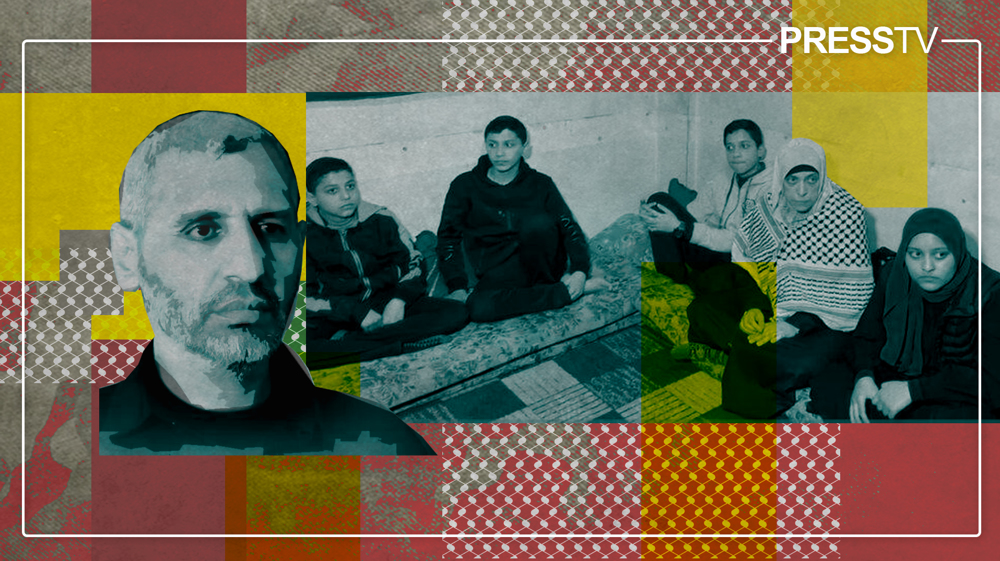
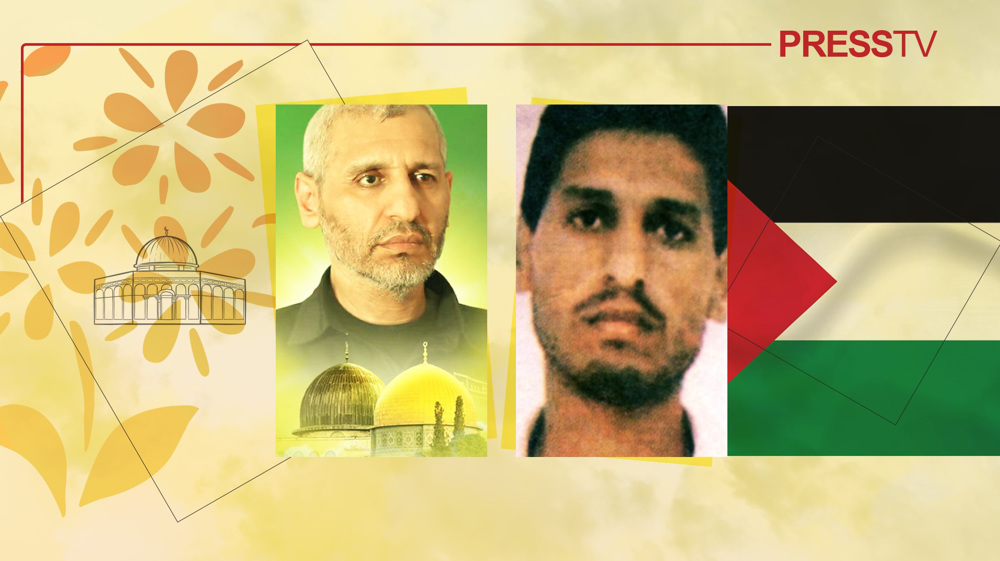
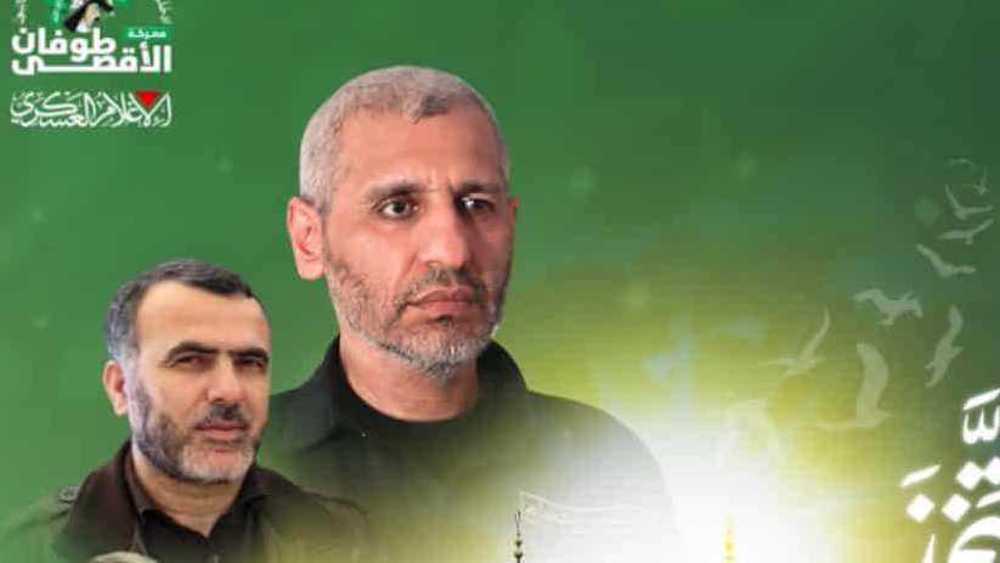
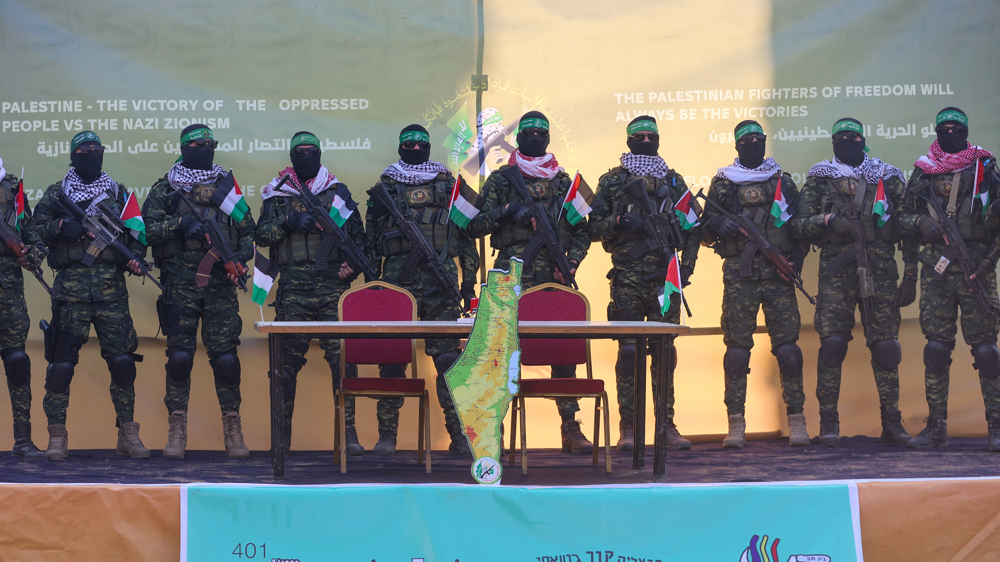
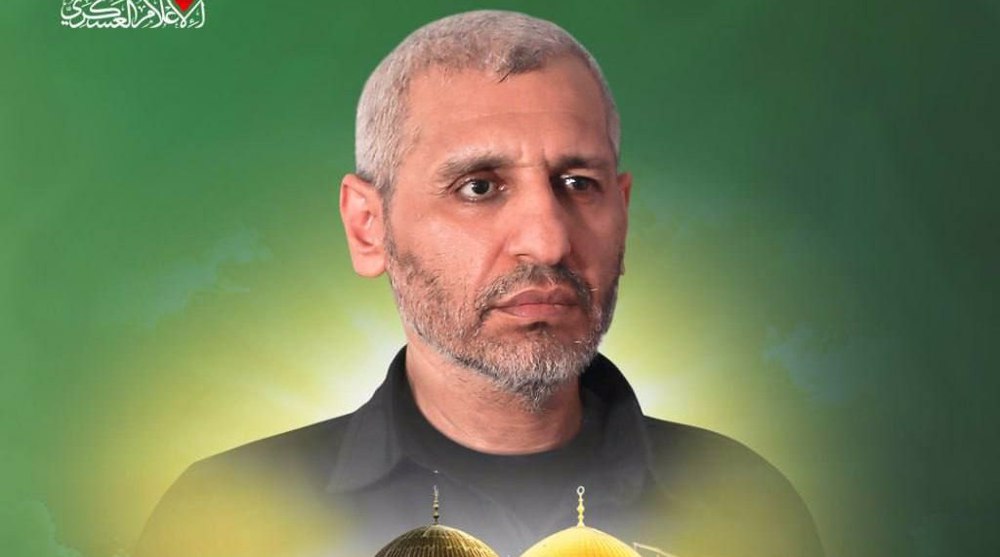
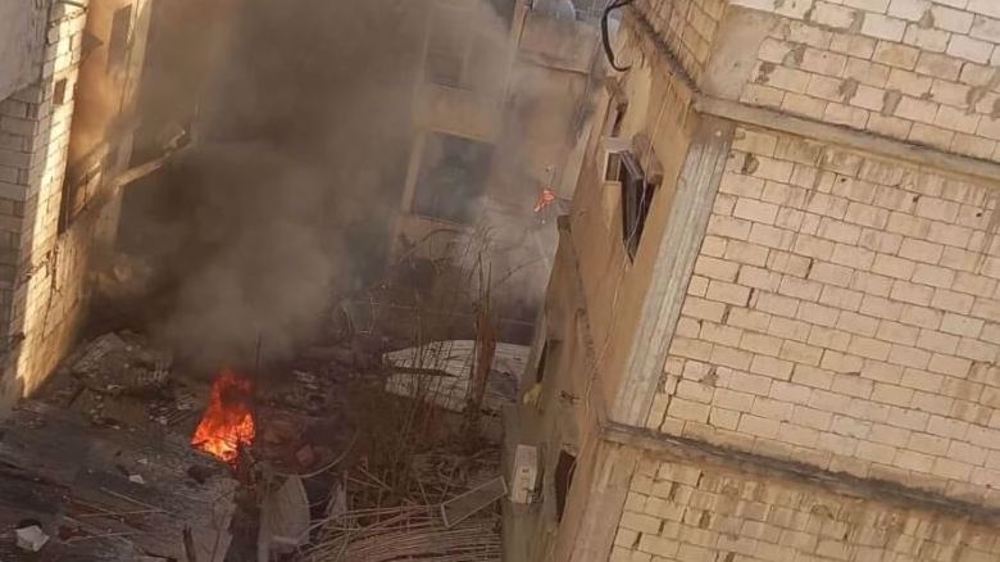
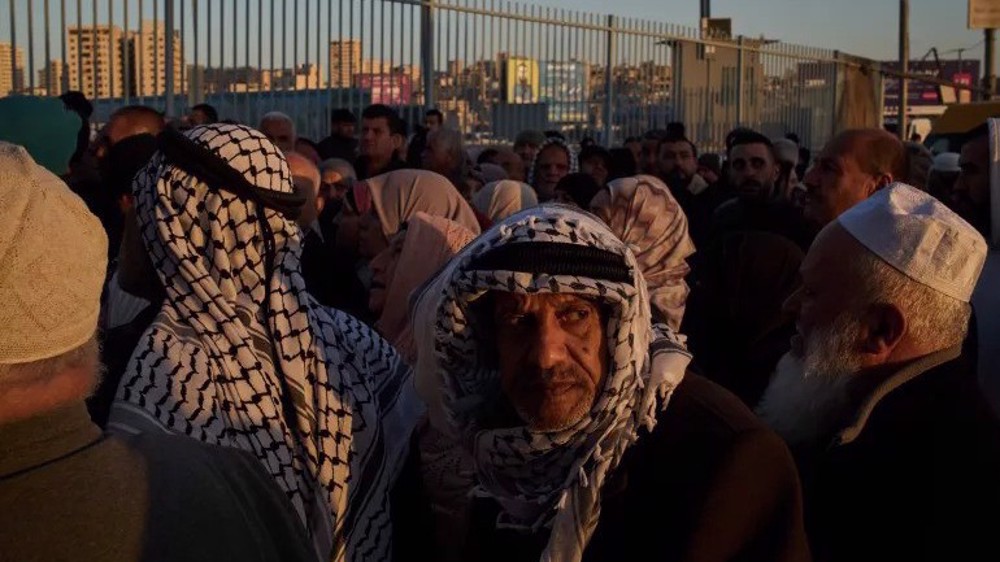
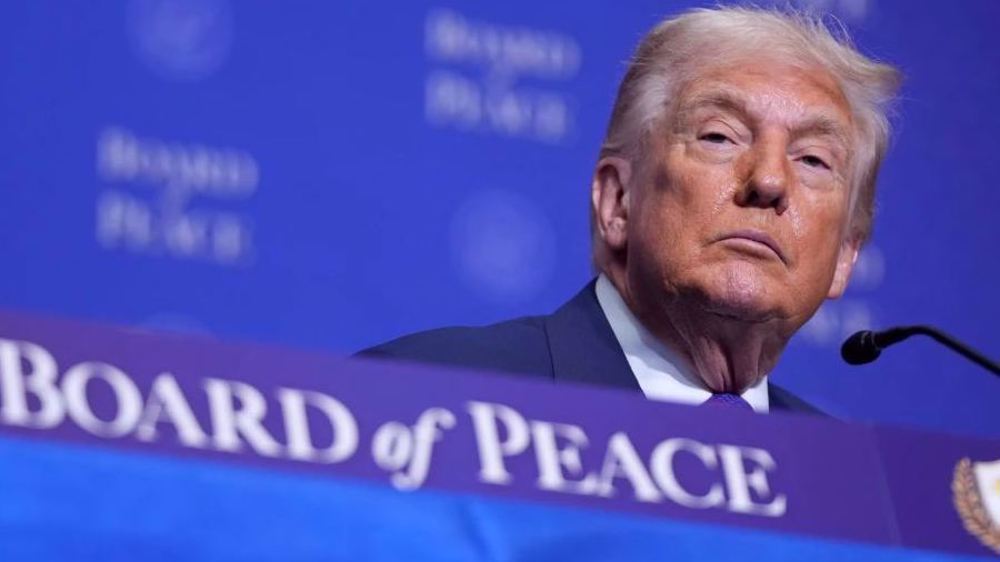



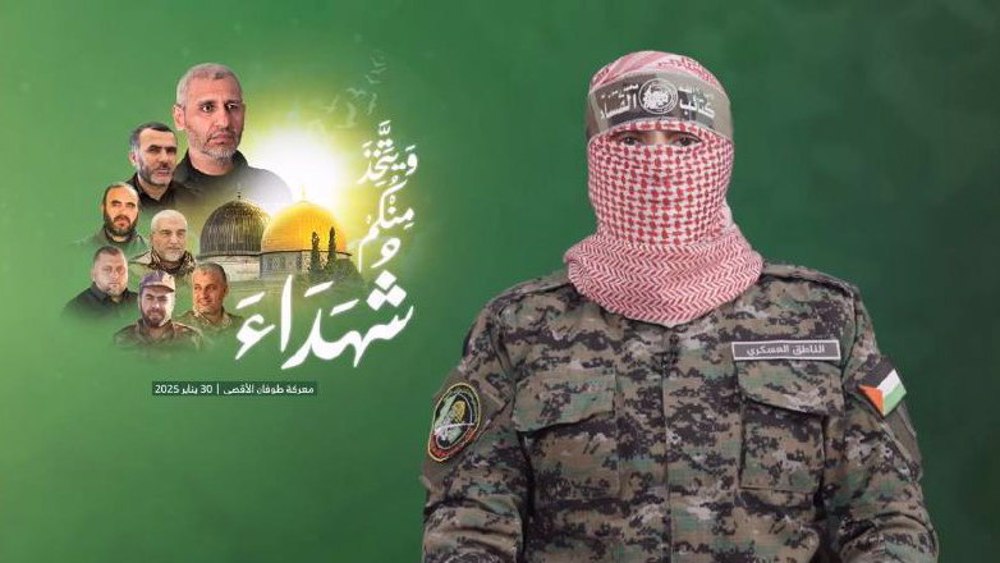
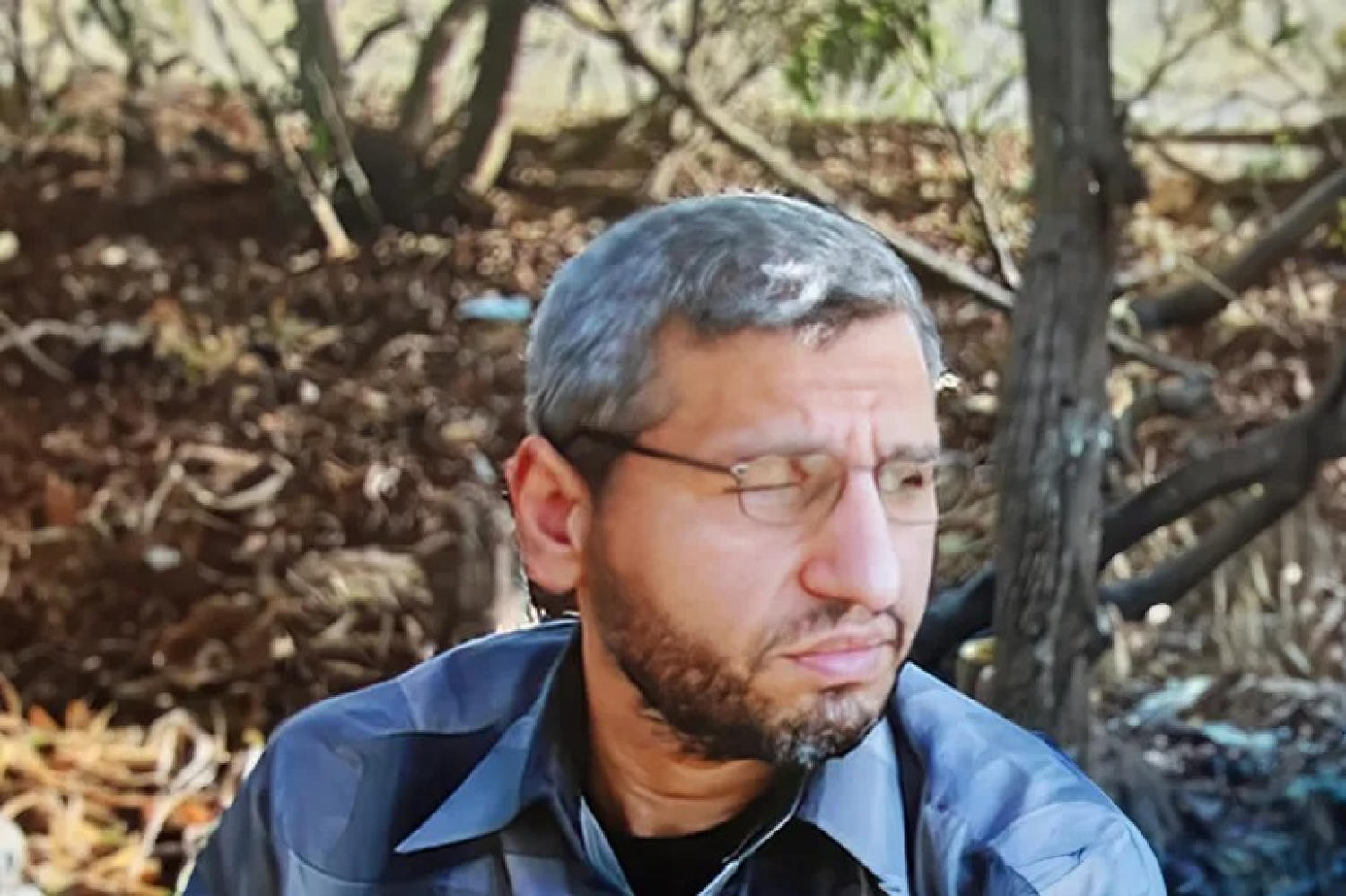
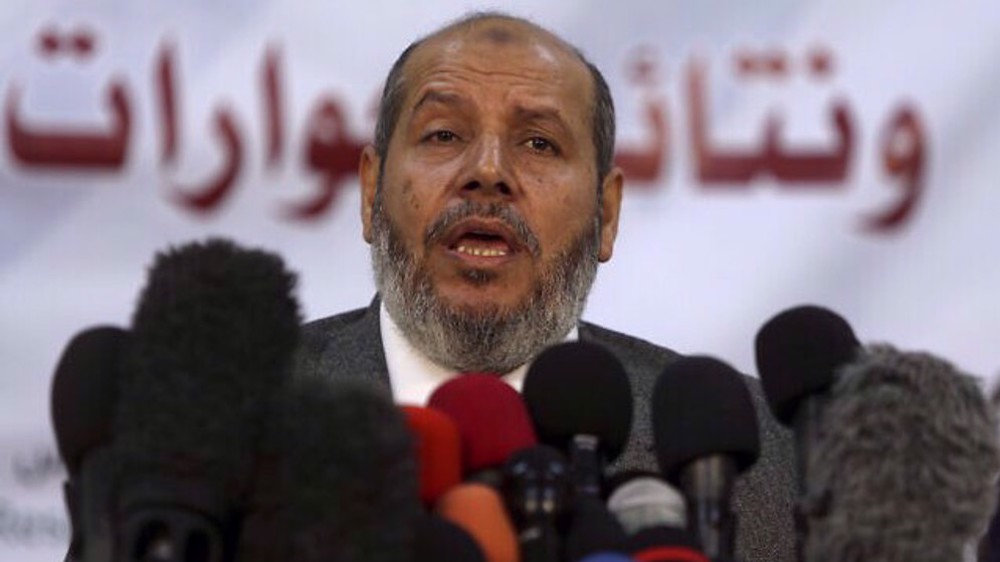

 This makes it easy to access the Press TV website
This makes it easy to access the Press TV website